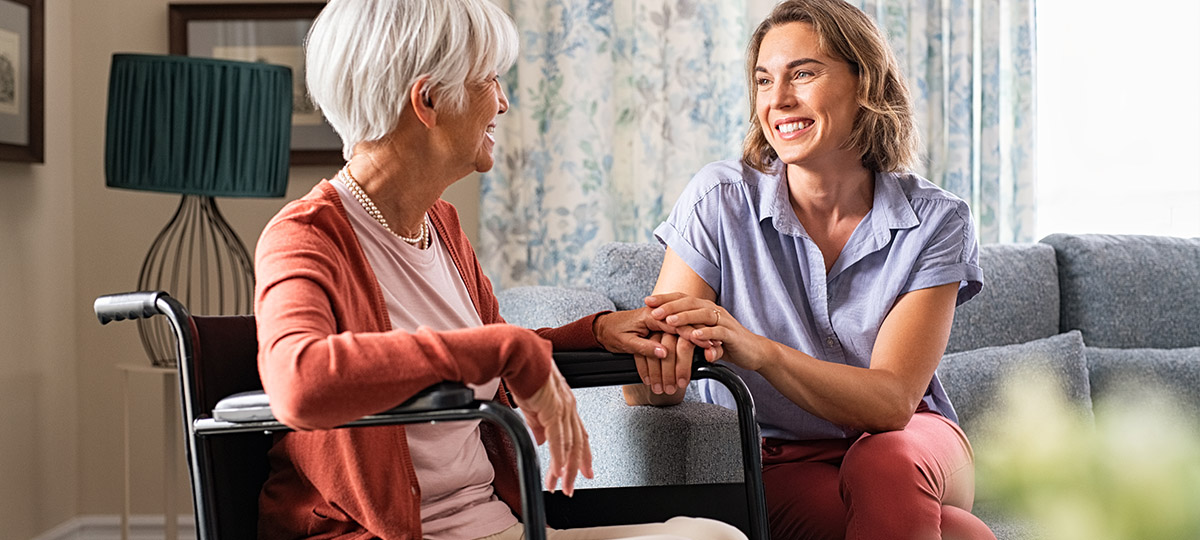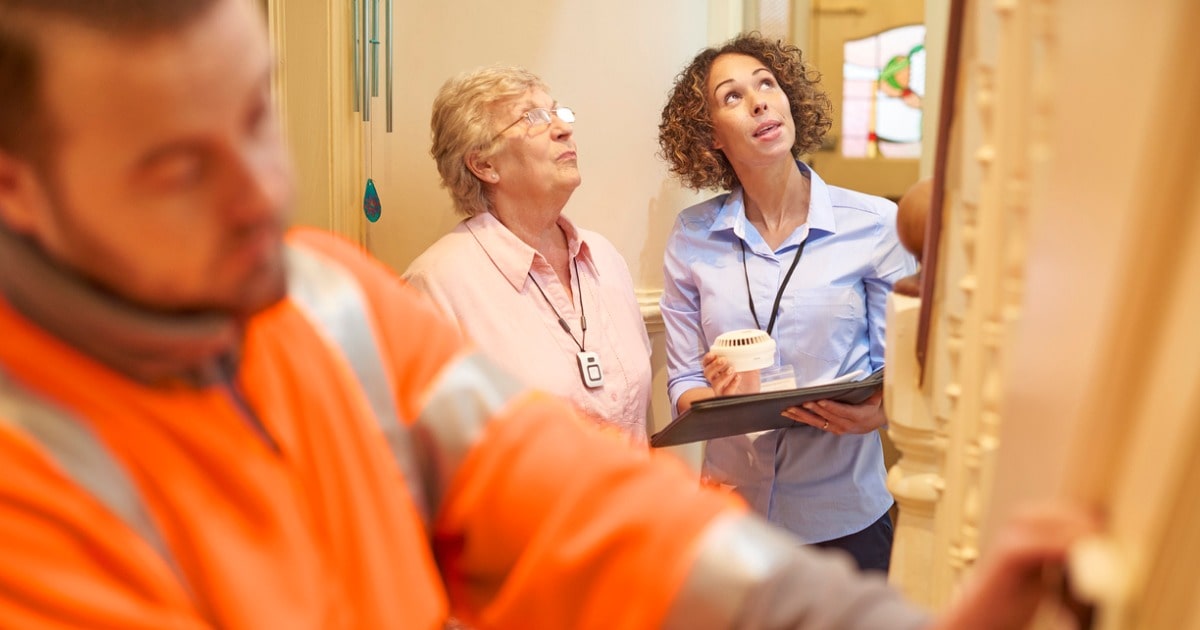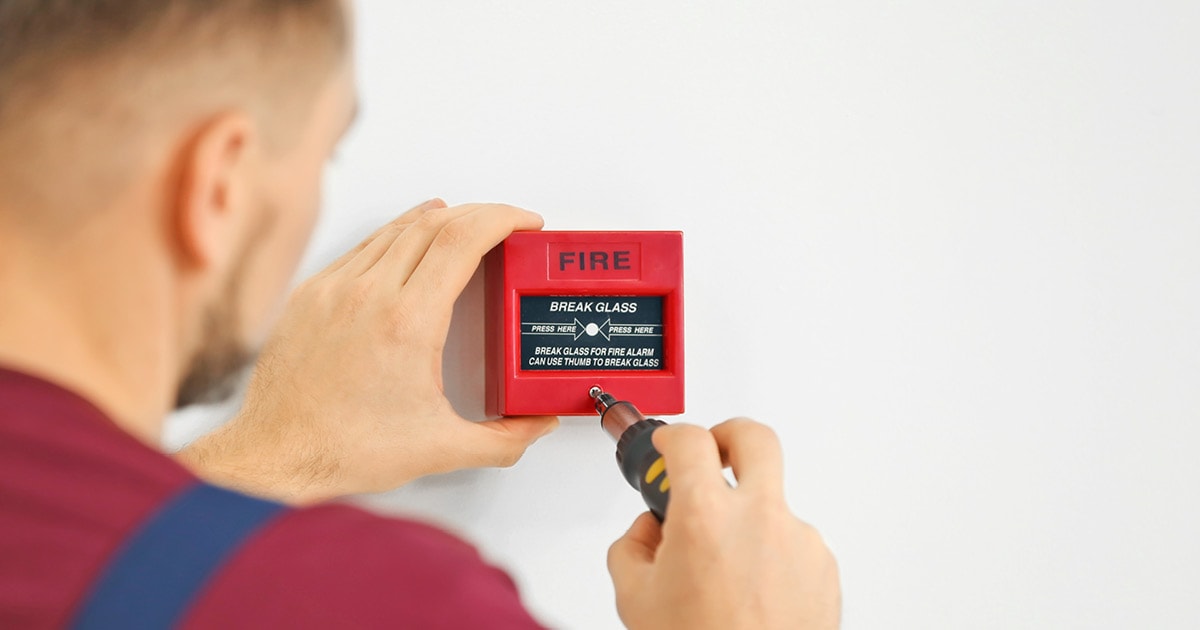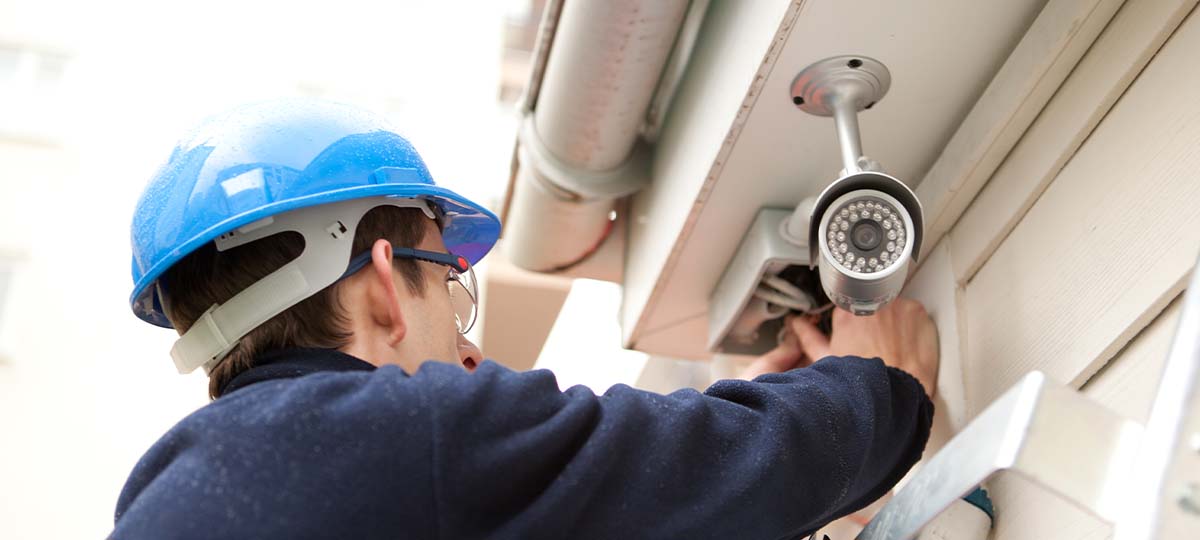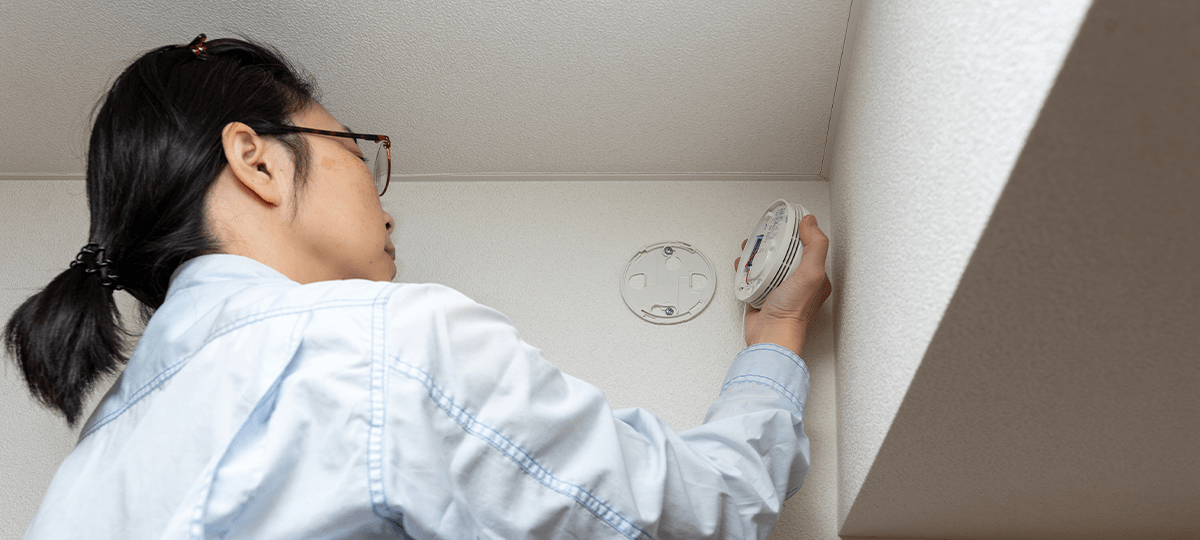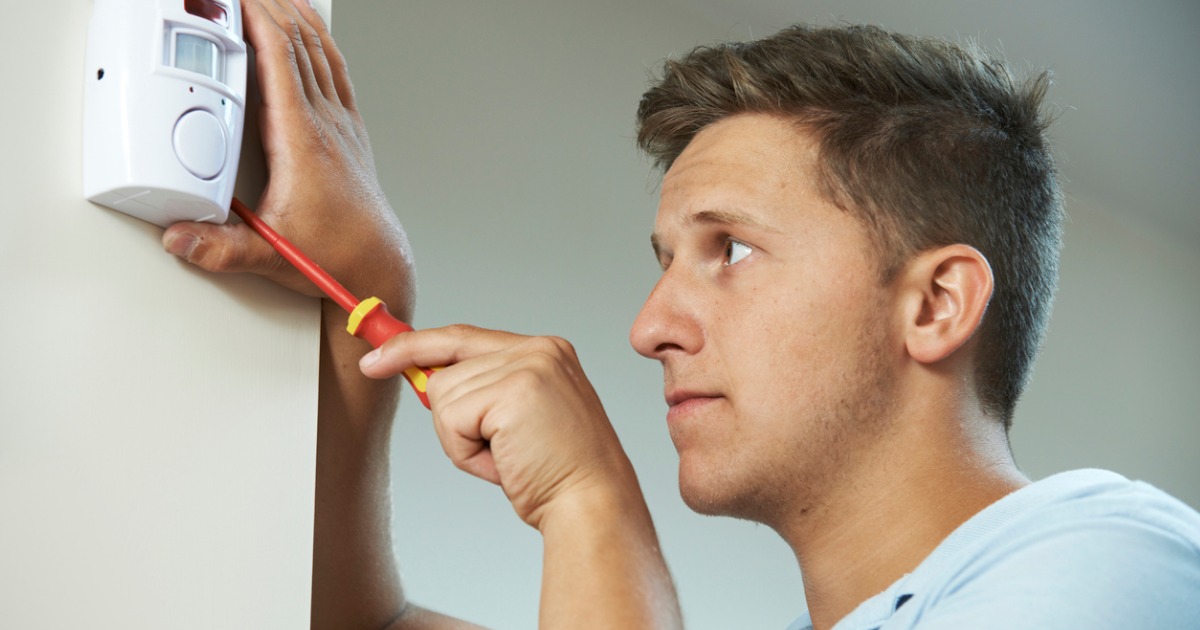Home Security Solutions for People with Disabilities
According to the Centers for Diseases Control and Prevention (CDC), one in five American adults live with a disability. The most common disabilities are hearing or vision impairments, mobility issues like arthritis or a diminished ability to live independently, speech and language challenges, and cognitive conditions including dementia and Alzheimer’s disease.
Recently we talked about the effect the Americans with Disabilities Act has on commercial business security. Not complying with the ADA has severe consequences, including monetary damages, back pay, and civil penalties up to $55,000 for a first offense and $110,000 for subsequent violations.
While individual home security systems are not subject to those kinds of penalties, persons living with disabilities may experience an increased risk of property-related crime or physical injury in the event of an emergency.
Fire Safety
Fire safety is one of the biggest challenges people with disabilities face. United States Fire Administration data suggests fire is ten times more dangerous for people with disabilities. Let’s look at some of the issues and solutions for the CDC’s two most common types of disabilities: visual and hearing impairment.
While it is true that other senses improve when one is lost, in the case of the visually impaired, this could be a detriment when it comes to most standard fire alarms. The high-pitched sound of a fire security system coupled with the smoke and heat from a fire further impairing their sight can lead to disorientation.
For a person with visual impairment, stay away from conventional alarms. There are several options of alarms specifically designed for people who are visually impaired, including those that vibrate and some that will emit sounds, but only intermittently.
People who are visually impaired should have regular fire drills in their homes to know the best way out from a given room when the alarm sounds or vibrates. In the event of an actual fire, don’t try to rescue any items and get out as quickly as possible.
As is the case for people who are visually impaired, there are an array of alarm systems designed specifically for those who are hearing impaired. Once again, the vibrating alarm is a good option. Another is known as a stroboscopic alarm that, instead of sending out bursts of sound, emits intense and frequently changing bursts of colored light.
In all cases of impairment, it is advised to check with your local fire department. They can provide recommendations on systems that will best suit your needs. Once installed, the fire department should know that, should they ever need to answer a call at your residence, they will be dealing with a resident with disabilities.
Property Protection
Another risk for those with disabilities is crime victimization. According to the Office for Victims of Crime, Individuals with disabilities are twice as likely to be victims of crimes like assault and robbery.
Window sensors, door sensors, motion detectors, and video surveillance cameras all help deter criminal activity. Furthermore, a monitored system can immediately alert experienced professionals who can assist in an emergency.
Just like with fire alarms, security alarm panels have voice activation features for those who may have impaired sight or strobe light alarms for those who are hard of hearing. For those with limited mobility, CCTV cameras and video doorbells provide an easier way for residents to monitor activity around and outside their home.
Today’s home automation solutions also are tremendously beneficial to those with disabilities.
For example, an automated door locking system provides a person with mobility issues peace of mind knowing they are safe in the home. They can lock and unlock doors via their smartphone or tablet without having to move around the house to do so. Automated light controls make it easier to turn off lights for the night or turn them on to deter criminal activity.
Wellness Protection
Finally, today’s home automation and security systems have even been taken one step further. They can now provide caregivers with a wealth of knowledge about the health, wellbeing, and safety of a loved one with a disability.
Unlike emergency pendants, which only send out an alert after someone has fallen or injured themselves, Wellness from Alarm.com intelligently monitors the quality of life through a suite of discreet activity sensors and smart devices installed around the house. Using machine learning and predictive analytics, it can proactively alert caregivers to potential health issues detected in real-time analysis.
For instance, Wellness can report any changes in activity levels, sleeping and eating patterns, medication adherence, leaving home, or falls.
There are more options than ever before for effective home security solutions for any need. FSS is ready to work with you on creating the custom home security solution to offer the best safety and peace of mind.

